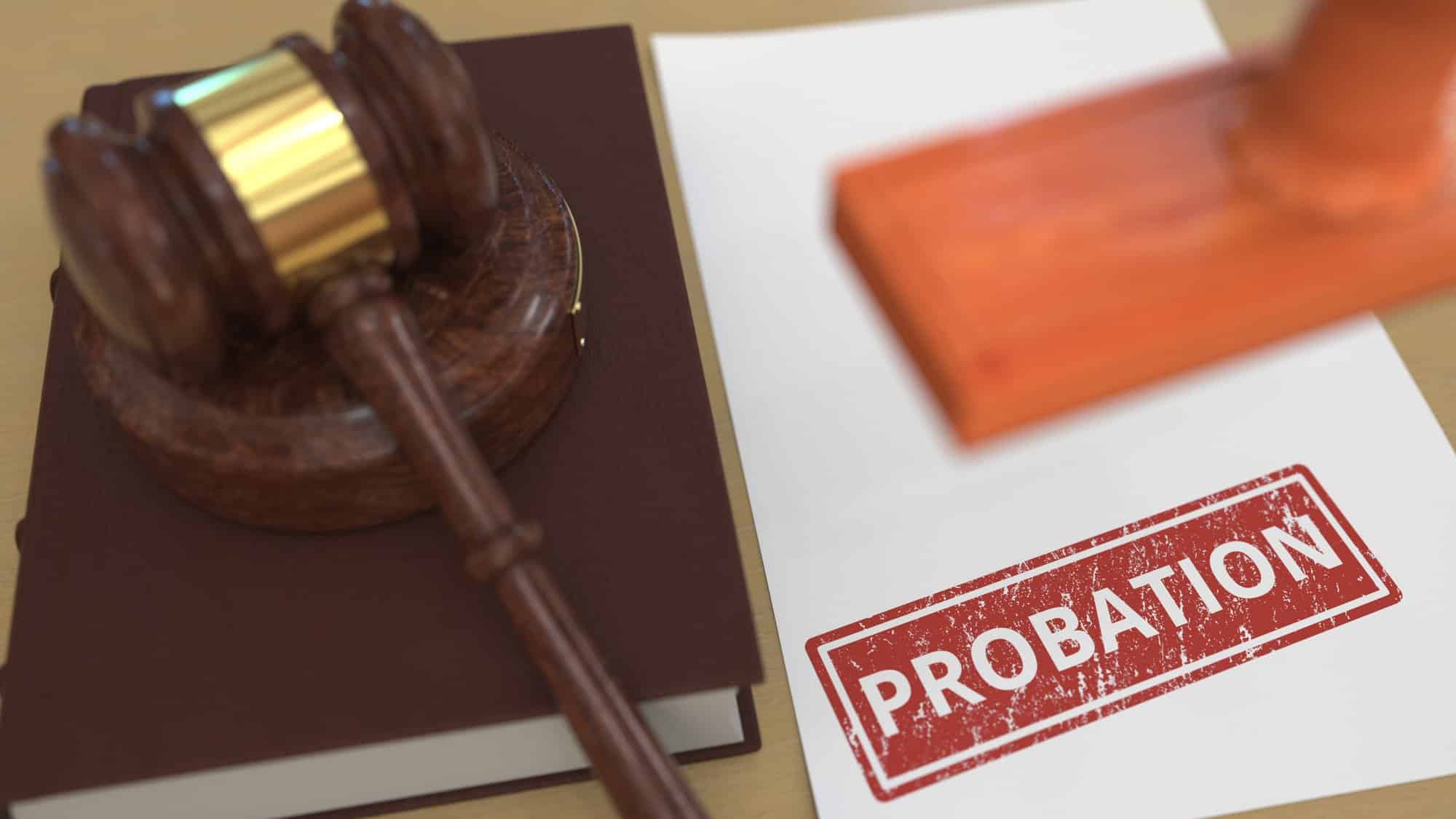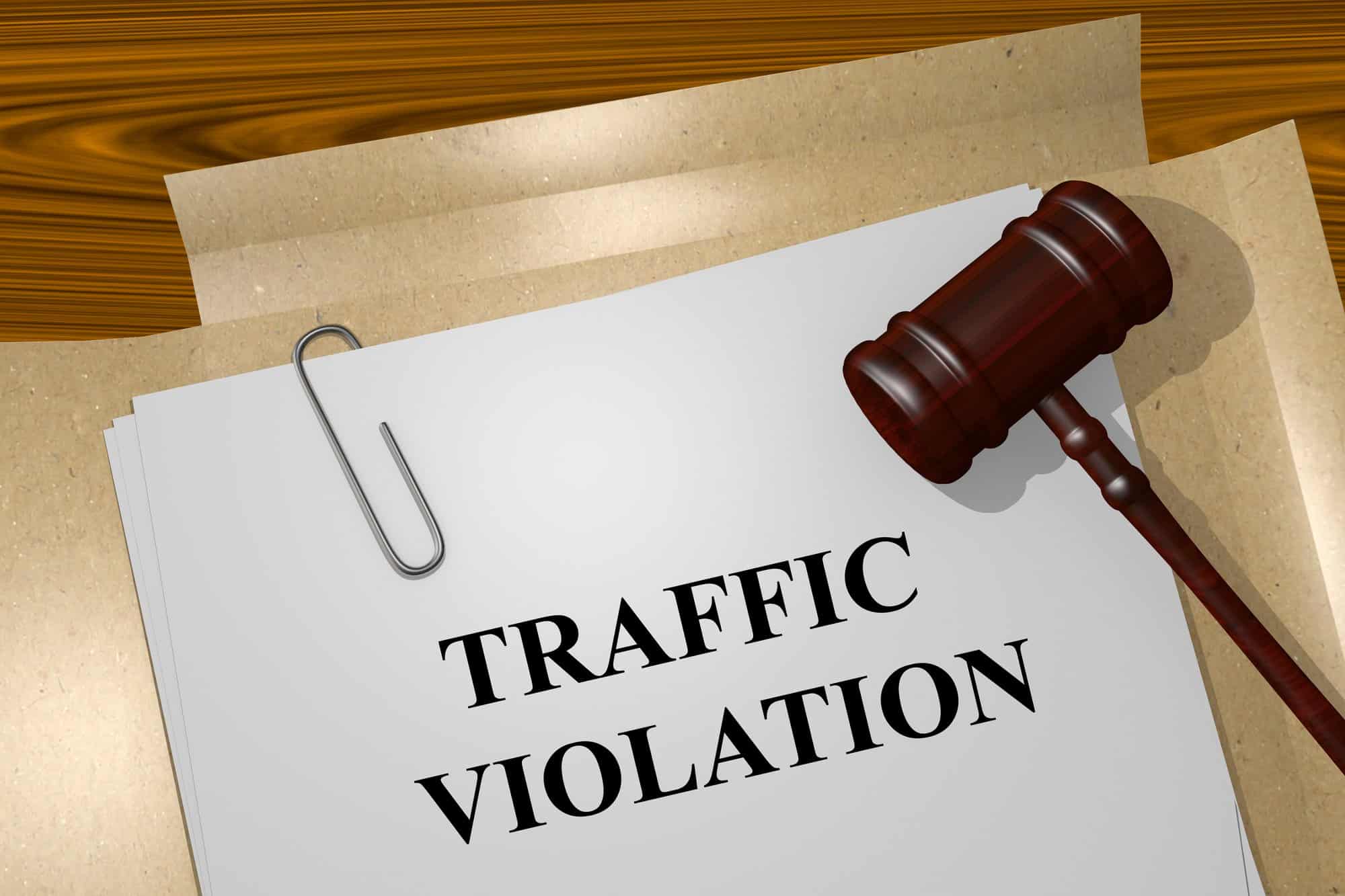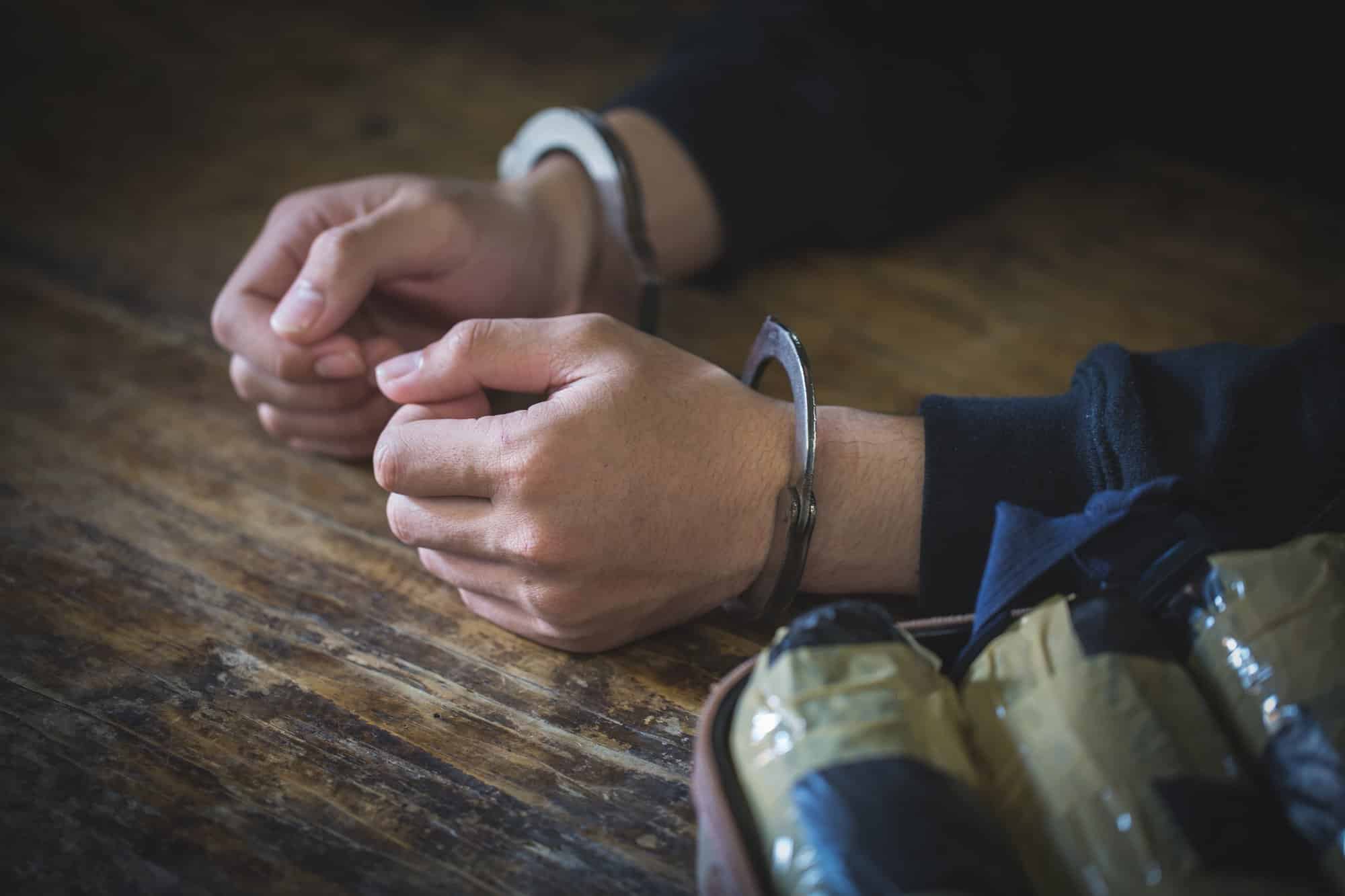Resisting arrest by a police officer is a serious matter in New York. If there was a dispute or altercation between you and law enforcement during the arrest process, it can result in additional criminal charges being brought against you. In the event you are facing charges for resisting arrest, it’s vital to have an experienced criminal defense attorney by your side to protect your rights and fight for the best possible outcome in your case.
When Can You Be Charged with Resisting Arrest?
Resisting arrest or obstructing police during the arrest process is illegal in New York. Under § 205.30 of the New York Penal Code, a person is guilty of the offense of resisting arrest if he or she “intentionally prevents or attempts to prevent a police office or peace officer from effecting an authorized arrest of himself or another person.”
A charge of resisting arrest can be complex — and there are no definitive actions that constitute this crime. Typically, there are a variety of actions that can constitute “resisting arrest” before or during the process of law enforcement making an arrest. For instance, if the defendant engaged in a physical struggle, threatened violence, attempted to flee, or physically obstructed the officer, an individual can be charged with resisting arrest.
What are the Penalties for Resisting Arrest?
The penalties that can come with a conviction of resisting arrest can be serious. This offense is classified as a Class A misdemeanor and result in a permanent criminal record. Additional criminal charges may also be filed, depending on the facts and circumstances surrounding the arrest. A charge of resisting arrest must be proven separately from any other charges brought against you. However, you can still be charged with the offense of resisting arrest even if you are found not guilty of the crime for which you were arrested.
If you are charged with the offense of resisting arrest in New York, you could face the following consequences if convicted:
- A misdemeanor on your record
- Imprisonment for one year or more
- A fine of up to $1,000
- Probation
There can also be collateral consequences if you are found guilty of resisting arrest, including loss of a professional license, immigration issues, difficulty finding housing, and challenges finding employment.
What are the Defenses in a Charge of Resisting Arrest?
Notably, even if the underlying charges against you are dropped, the resisting arrest charge may still stand. While every matter is unique, a skillful criminal defense attorney will know how to develop a solid strategy in your particular case. They may be able to get the charges against you reduced or dropped entirely.
Based on the facts of your case, an attorney might be able to assert the defense of self-defense if the arresting officer used unnecessary force or was violent. You may also have a viable defense if you were taken into custody unlawfully or without probable cause. Although a charge of resisting arrest usually stands on its own, if the underlying crime is dismissed, it could raise questions regarding the lawfulness of the resisting arrest charge.
Contact an Experienced New York Criminal Defense Attorney
If you are facing the crime of resisting arrest, it’s critical to have a criminal defense attorney by your side to fight the charges against you. The attorneys at D’Emilia Law offer trusted representation and aggressive advocacy for those who have been charged with the offense of resisting arrest and are dedicated to achieving the best possible outcome in each case. To schedule a consultation, contact us at 1-888-DEMILIA.











